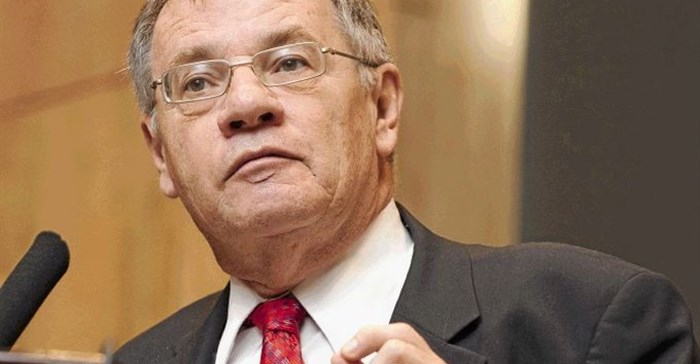While the details around these new taxes are still to be finalised, there were various budget amendments impacting on higher income earners that have now come into effect, which should be incorporated into financial plans in order to maximise tax benefits and safeguard wealth generation, says Henry van Deventer, Head of Wealth Strategy at Old Mutual Wealth.

“The most significant impact of the 2017 budget on high income earners is the new super tax bracket requiring taxpayers earning more than R1.5m to pay tax at a rate of 45%. Although this seems harsh for those impacted, the implications are even more severe when considering that this new rate also applies to trusts.
“There is no sliding scale for trusts, which means only the higher flat rate of 45%, previously 41%, applies.”
He adds: “This also means that high-net earners have seen an increase in their tax levied on capital gains, as the effective rate of capital gains tax for individuals is increased from 16.4% to 18% and for trusts from 32.8 to 36%.”
Van Deventer goes on to say that the Davis Tax Committee has indicated that the manner in which trusts are being taxed is not optimal at present. “Exactly what future measures will be taken to address this is still uncertain, but the question of reviewing the so-called conduit principle (currently in force) has been raised.
“As things stand, incomes and capital gains earned in trusts are taxed in the hands of beneficiaries if they’re distributed to the beneficiaries in the same tax year. This effectively means that Sars collects less tax if the beneficiaries pay less tax than the trust. Should the conduit principle fall away, all incomes and capital gains earned in trusts will be taxed at the (typically) more punitive rates than those that apply to beneficiaries.”
Another area that Van Deventer says is currently being looked at carefully is estate duty. “Members of the Davis Tax Committee have also indicated that Sars is not as effective as it could be when it comes to collecting estate duties. Early indications are that there could be more generous abatements (thresholds) in the pipeline, but that a hard look will be taken at ensuring that more assets are effectively captured amongst high net worth individuals for estate duty purposes.”
In light of these new dynamics, Van Deventer says that utilising tax-free savings vehicles to their full advantage has never been more attractive, and shouldn’t be ignored.
Given the new super tax bracket and in preparation for any further punitive tax amendments in the future, high income earning clients can maximise their contributions to retirement funds. "Individuals can now deduct up to 27.5%, with a maximum annual amount of R350,000, of their earnings from their taxable income, if this portion is invested in a retirement fund.
“In addition to there being no tax payable on interest, incomes, dividends or capital gains made in these vehicles, they are also exempted from estate duty and completely protected against claims by creditors to settle outstanding debts.
“Although there are tax implications for these funds upon and during retirement, our studies have found that the net lifetime benefit of maximising the use of these vehicles can add up to an additional 1.8% after-tax growth per year.”
In terms of tax-free savings accounts (TFSAs), he says the annual amount that investors can contribute towards TFSAs was increased to R33,000 in the recent budget. “Although the investment limits of TFSAs may seem trivial to high net worth investors, it is important to think of this investment in terms of its long-term benefit. This investment vehicle provides a significant long-term benefit for a fairly insignificant short-term savings strategy.
“The fact of the matter is that all South African income earners, regardless of their current tax rate, should therefore be capitalising on tax-free savings vehicles,” van Deventer concludes.